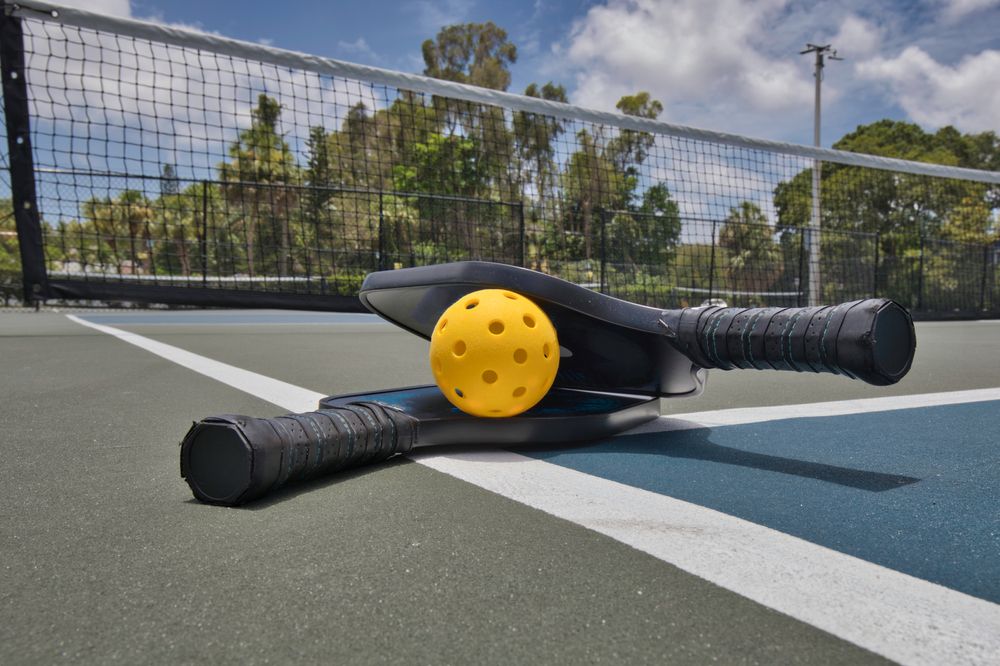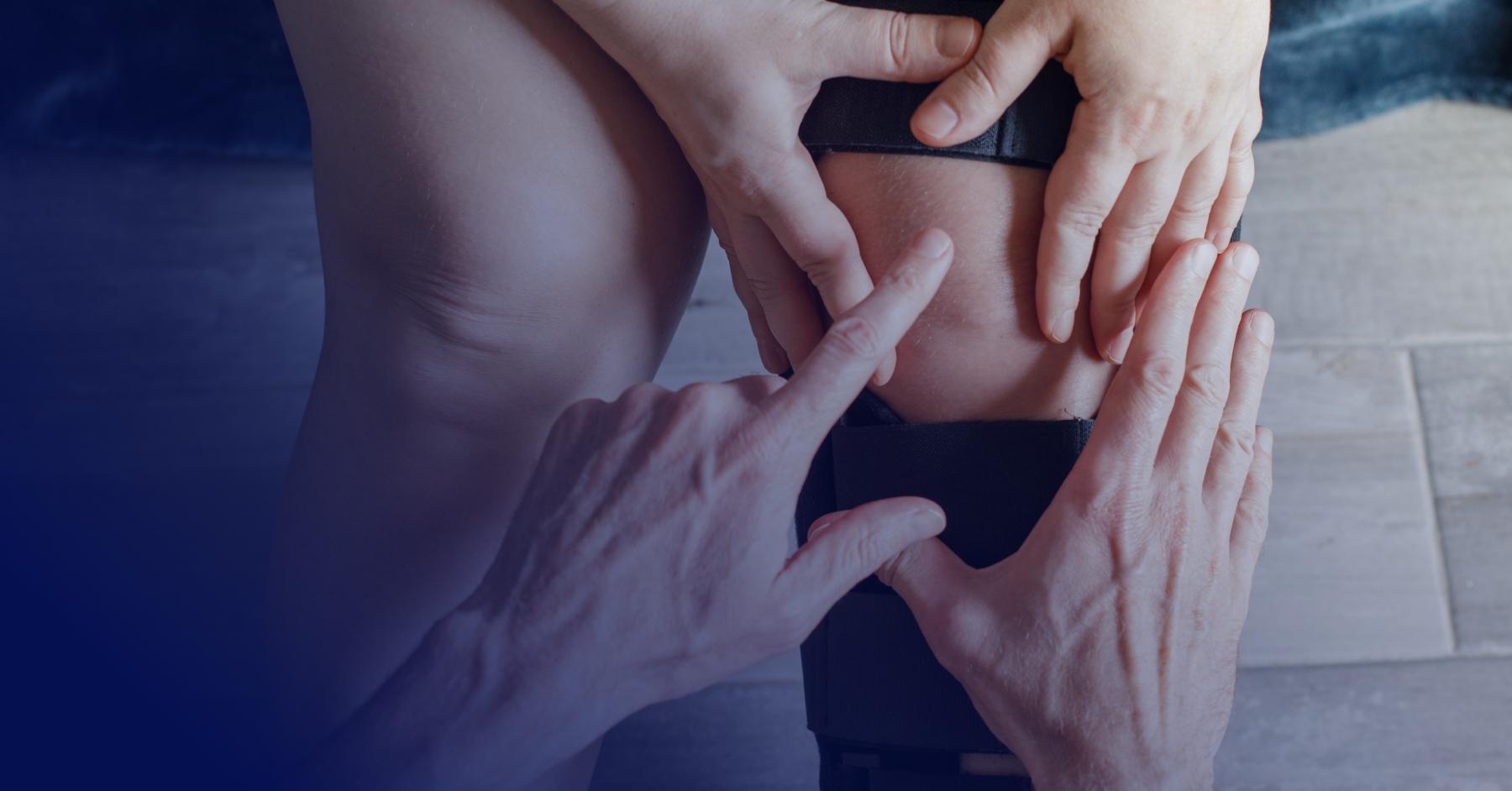How to Safely Enjoy Pickleball
Workout Injuries, Sports Medicine

Pickleball has gained popularity, but injuries related to the sport have increased as well.
Pickleball has skyrocketed in popularity in recent years with more than 36.5 million Americans playing the sport. It’s easy to see why so many have gravitated toward an activity combining tennis, badminton, and ping-pong because it’s relatively easy to learn and is accessible to players of all ages.
But as Pickleball gains favor with the public, injuries related to the sport have increased, as well. According to the Consumer Product Safety Commission’s National Electronic Injury Surveillance System, injuries from Pickleball have risen from 9,000 in 2020 to approximately 17,000 in 2022, with most of the injuries occurring among older adults. As with any activity, Pickleball carries a degree of injury risk. Yet with precautions, you can avoid injuries and safely participate in this fun sport.
Three common Pickleball injuries
Before picking up a Pickleball racket, check with your doctor to determine if your heart and lungs are ready for this fast-paced game. If so, you’re good to go. But, always be aware of potential Pickleball injuries, which typically fall into three broad categories:
Overuse injuries. Swinging a racket back and forth repeatedly strains the tendons of the elbow, leading to “Pickleball” elbow, which is the same as tennis elbow. Similarly, rotator cuff strains in the shoulder are common too, as the muscles and tendons connected to the shoulder blade become irritated.
Fractures. The quick changes in speed and direction during gameplay can sometimes make players lose their balance, fall, and fracture a wrist or hip. A study from the American Academy of Orthopaedic Surgeons found a 90-fold increase in fractures in Pickleball participants between the ages of 60 and 69.
Muscle strains and sprains. Besides a fracture, losing your footing can cause a muscle strain or sprain. Hamstring pulls and sprained ankles, for example, are two acute injuries that can occur while playing Pickleball.
Four ways to prevent Pickleball injuries
Don’t let the risk of injuries stop you from playing Pickleball. As with any sport, prevention is key to avoiding aches and pains. Read over these four tips to help you stay on the court:
Do pre- and post-game stretches. Before heading to the court, warm up your muscles with static (or in-place) stretches and dynamic stretches. Dynamic stretches are active stretches, such as arm circles or jogging in place. When you’ve broken into a slight sweat, you’ll know it’s time to start the game. Do stretches after the game to cool down.
Get the right equipment. Invest in a good-quality paddle that absorbs most of the force of the ball hitting it while also being lightweight. Make sure the grip feels comfortable for you. Footwear designed for the Pickleball court is a good investment, too. Look for a tennis shoe, not a running shoe, and one that has a comfy fit.
Take lessons. Just starting out? Take a lesson from a pro or an experienced friend. They’ll not only familiarize you with the rules but also the proper form and technique to avoid pain and injuries, too. To prevent falls, work on keeping your balance. Yoga is a great way to improve balance, flexibility, and strength.
Mix in other workouts. Pickleball is a fun and social activity. But, you can also mix in resistance training and aerobics to build strength and maintain your health.
As with any exercise, it’s normal to have minor aches and pains. Take a break and try the RICE method: Rest, Ice, Compression, and Elevation before starting up again. Over-the-counter pain medications can help, too. If you suspect a fracture or more serious injury, see an orthopedist immediately for treatment. With these tips, you’ll sidestep any pain and enjoy an exciting game of Pickleball for many years to come.
Don’t get sidetracked by injuries
Whether you play Pickleball, tennis, or another sport, the professionals at All Sports Physical Therapy can get you back in the game after an injury. We’ll prescribe an exercise program tailored to meet your needs. Contact us today for a consultation.



